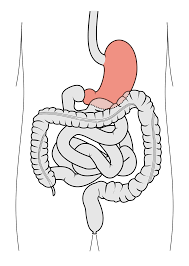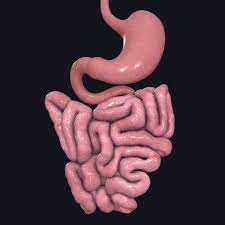Zero Calorie Sweeteners
- Sep 25, 2022
- 2 min read
Artificial 0-calorie sweeteners are very abundant in many of the foods we eat today. Most 0-calorie beverages or foods contain Artificial sweeteners. For example, beverages such as diet Coke contain the very common artificial sweetener aspartame. While many view 0-calorie sweeteners as healthier than sugar, a new study reveals that this may not be the case.

A new study reveals that artificial sweeteners may be linked to cardiovascular disease. A massive study involving 100,000 French citizens that occurred over a decade evaluated the effects of the use of artificial sweeteners. This study monitored the participant's food and drink intake and required participants to regularly report on their health. The study resulted in the revelation that participants who consumed a higher level of artificial sweeteners experienced signs and symptoms of cardiovascular disease at a higher rate than the participants who did not consume artificial sweeteners. This is not the first time that the health benefits of artificial sweeteners have been thrown into question, however. Since their creation in 1879, artificial sweeteners such as sucralose, aspartame, Stevia, and xylitol have been put under question by many researchers and scientists who believe that these artificial sweeteners may be causing cardiovascular disease and cancer. Despite these warnings, the FDA approves the use of artificial sweeteners in food in moderation.
The correlation between artificial sweeteners and cardiovascular disease does not just apply to those who have consumed artificial sweeteners and those who haven't. The study also shows that those who consume more artificial sugars experience even more signs of cardiovascular disease. This shows that the more a 0-calorie sweetener is consumed, the more adverse the health effects become. In the end, the conclusion was made by the French researchers that these food additives, despite being consumed daily by millions across the globe, should not be considered a healthy and safe alternative to sugar and consumers should look to avoid artificial sweeteners whenever possible.




Comments